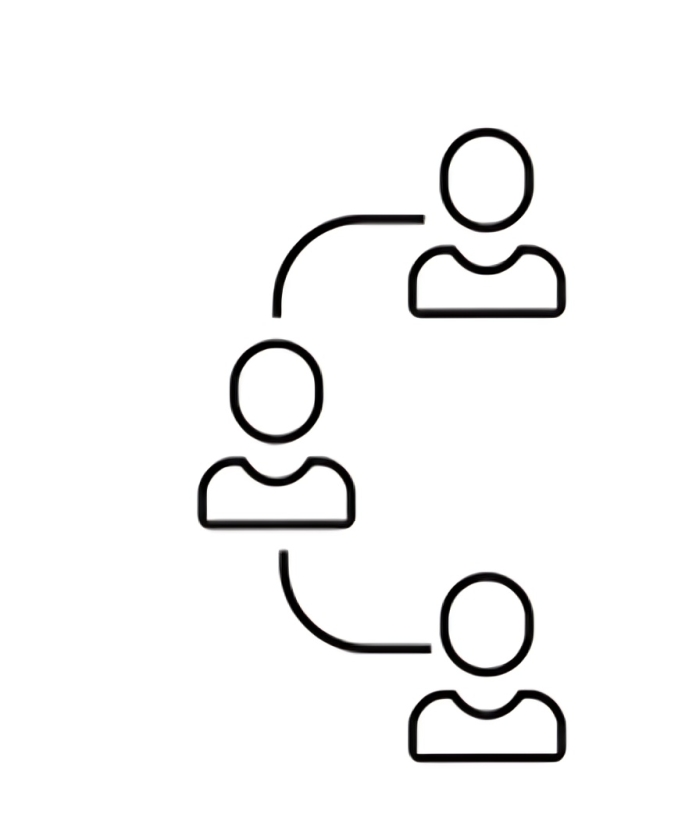Referral and Assessment
Our referral and assessment process are designed to be responsive and personalised so we can find the right support to meet your needs. Our referral process includes:
Anyone can make a referral to us (with your consent), or directly from commissioners, social workers or local authorities by completing our referral form below. All referrals should always be accompanied by copies of recent CPA reports, risk assessment, psychiatric reports, discharge summaries, forensic reports, medical reports, and a social circumstances report and any other relevant information.
Referrals can be made online on this page, located below. You can also download our form here and email it to our referral Team.
Email: referrals@cognithan.com
Alternatively, you can call us on 020 3581 5177 and our friendly Team can assist you.
Once we receive your referral, we review it to determine if we may be able to meet your needs. If we offer the type of service you are looking for, we place you on the waiting list for a Screening. If we don't offer the service or it does not look like we can meet your needs at this time, we will offer alternative resources.
Our referral Manager will contact you to explore your hopes and needs further. During the screening session, we review confidentiality and its limits and provide you with general information about the service you are seeking. We ask both general and specific questions to determine if we can meet your needs and what level of care and support you need.



